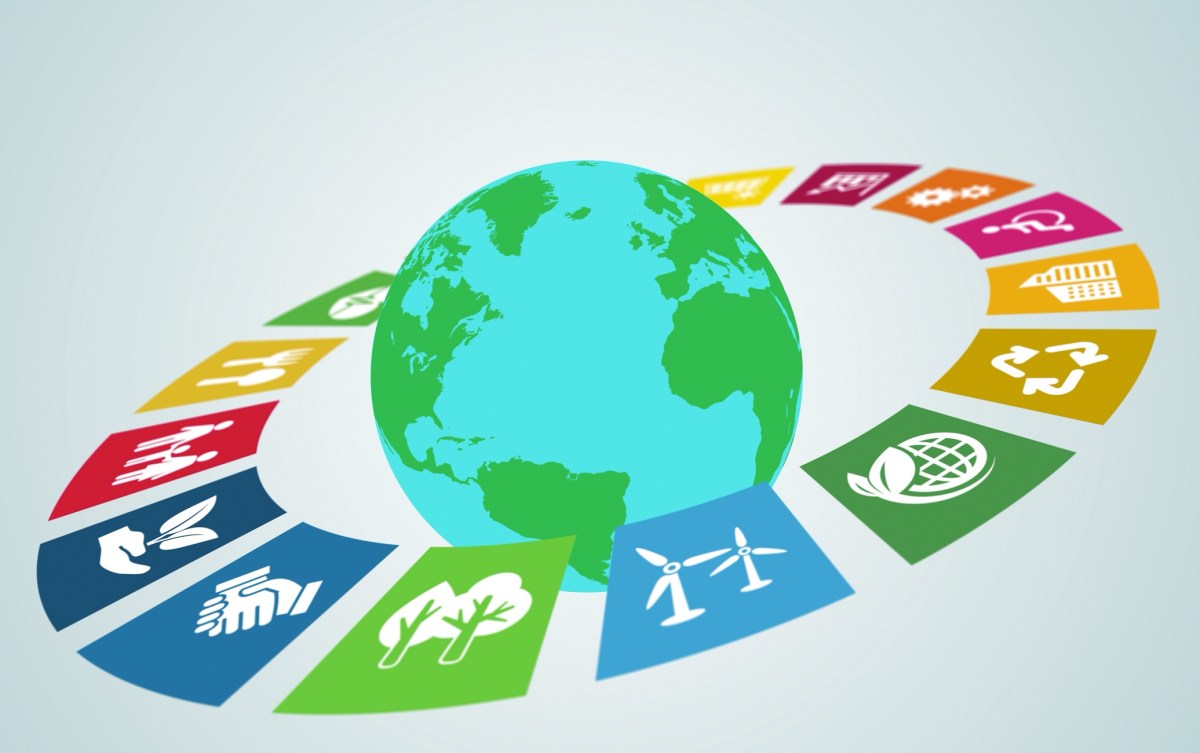Implementing sustainable business practices is considered by many business leaders to be the next significant challenge faced by Australian organisations in the years ahead, with 76% identifying sustainability as critical for success in their industry, new Mastercard research has found.
With 81% of Australian consumers claiming they already actively seek to reduce their carbon footprint, almost half (48%) stated they would actively avoid shopping at a business that did not source its products sustainably. One in ten (13%) even went as far as saying they would only purchase from sustainable businesses by 2024.
Additionally, it seems the risk of business inaction on climate extends to potential employees. Of the 51% of Australians currently either actively looking or considering new employment opportunities in 2022, almost half (43%) say they would not work for an employer who did not have an active sustainability plan in place.
Most local business leaders recognise the challenge and opportunity this presents, with 58% committed to improving their sustainability practices in the next 12 months. However, while many recognise the importance of sustainable business practices to protect the environment (57%), they also identify other challenges such as focusing on pandemic recovery (39%) and lack of government incentives (26%) as key factors preventing them from focusing on or prioritising sustainability.
Small businesses are taking on the climate crisis
While often lacking the resources of larger organisations, Australia’s small businesses appear to be taking meaningful action when it comes operating sustainably.
Though 17% of SMEs admit to not knowing where to start on their sustainability journey, more than two thirds (70%) claim they are both actively exploring how to operate more sustainably and taking steps to improve their practices within the next year. Many small businesses are finding efficiencies by joining existing initiatives to give back to the planet, with 77% looking to support community-led initiatives such as tree planting collectives, local clean up days and recycling programs.
The research reinforces that implementing sustainable business practices must be a key agenda item for 2022 and beyond, alongside the need for leaders to take collective action against climate change, according to Mastercard division president for Australasia, Richard Wormald.
“Tackling the global climate crisis isn’t possible without everyone’s involvement, no matter how big or small their footprint is, and Australians are looking to organisations to step up and do their part in protecting the planet. Taking collective action provides an opportunity to reduce overheads and time-consuming administration for SMEs while contributing to a greater output and result for the environment,” he said.
The role of technology to create a more sustainable future
Australian consumers and business leaders are open to using technology to become more sustainable (61% and 72%, respectively). The majority of consumers who make efforts to track their carbon footprint or sustainable behaviour do so via technology such as apps or wearables (84%), while a quarter (25%) said they would purchase more products and services from brands that allowed them to track their carbon consumption.
Nearly three quarters (72%) of business leaders are interested in adopting new technologies to improve their sustainable practices, including data analytics (45%), automation technology (42%) and blockchain (32%), which can enable brands to trace and share product lineage, so customers can make informed purchases.
“In the digital age, businesses and consumers alike can leverage technology to track and manage carbon and other emissions across the value chain, from sourcing materials and manufacturing to final distribution and personal consumption. Mastercard is committed to using technology and its global network to inspire and enable collective action that fosters a more sustainable digital economy,” Wormald added.
Sustainability identified as critical to business success

